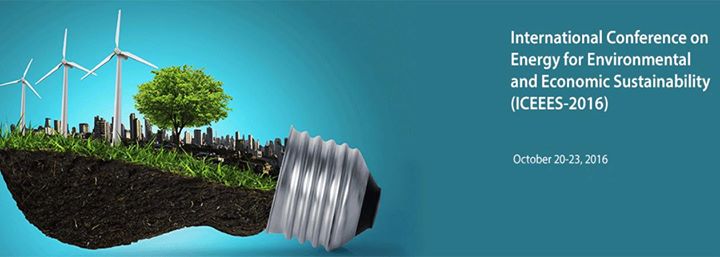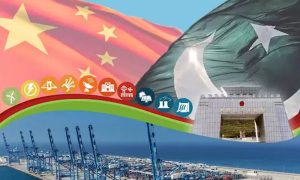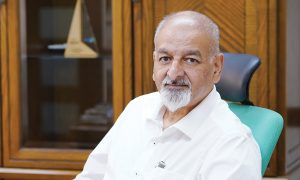Experts suggests alternative sources to eliminate energy crisis
A two day international conference on the theme of “energy for environmental and economic sustainability” was organized by the University of Management and Technology (UMT), Lahore, in collaboration with the Texas Tech University (TTU), USA, National Science Foundation, USA, and International Association for Hydrogen Energy, USA, in third week of October.
Renowned scholars, scientists, industrialists and analysts from China, Japan, US, UK, Canada, Germany, Finland, Slovenia, Romania, Malaysia, Indonesia, Mexico, Turkey, Libya, Algeria and Iran shared new ideas and latest research on various forms of energy.
Speakers at the Conference called for adopting alternative sources of energy such as solar and wind to overcome its crisis as thermal, hydel and nuclear power plants said that fossil fuels are destroying our environment and polluting water and air besides damaging the human health.
They said the global installed wind power capacity has risen nearly 50 times during the last two decades. The wind power is free of pollution having large reserves. It currently fulfils 3.7 percent of global electricity generation. By the year 2050, wind power will contribute up to 18 percent of world’s electricity supply. The wind power technologies are growing rapidly besides being cost-effective and applicable in many countries.
While addressing the conference, Minister for Mines and Minerals Punjab Sher Ali Khan said that all developing countries are facing power crisis and Pakistan too is not an exception. Referring to initiatives taken by the current government, Khan said the government is trying its best to fulfill energy needs of the country. “We have launched the world’s largest solar power project of 1,000MW in Bhawalpur, the Quaid-e-Azam Solar Park,” he said.
Chairman Higher Education Commission Punjab Prof Dr Nizamud Din said that energy plays a critical role in the development of countries. He said since 2005, Pakistan faced severe energy crisis.
He said more than 60 percent population of Pakistan is living in rural areas where 30 percent people do not have access to gird-connected electricity. Agriculture, which contributes 21 percent to GDP, is on the brink of crisis as tube wells are not getting electricity.








